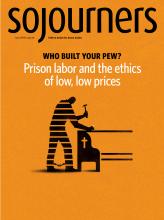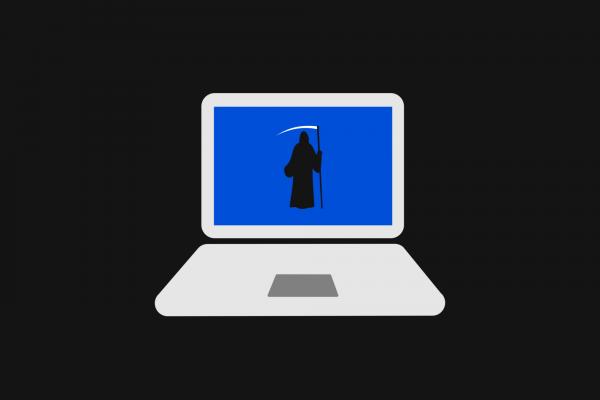THIS YEAR MARKS the 50th anniversary of the invention of the internet. One day in October 1969, scientists successfully transmitted data from a campus computer at UCLA to a computer at Stanford. Twenty years later, the infrastructure for the World Wide Web went into operation, and the creation of our whole digital universe quickly followed.
Lately, there have been plenty of days that have convinced me that the invention of the internet is one of the worst things that has happened since our first human parents decided that a little bit of “knowledge of good and evil” couldn’t possibly hurt anything.
Read the Full Article

Already a subscriber? Login
